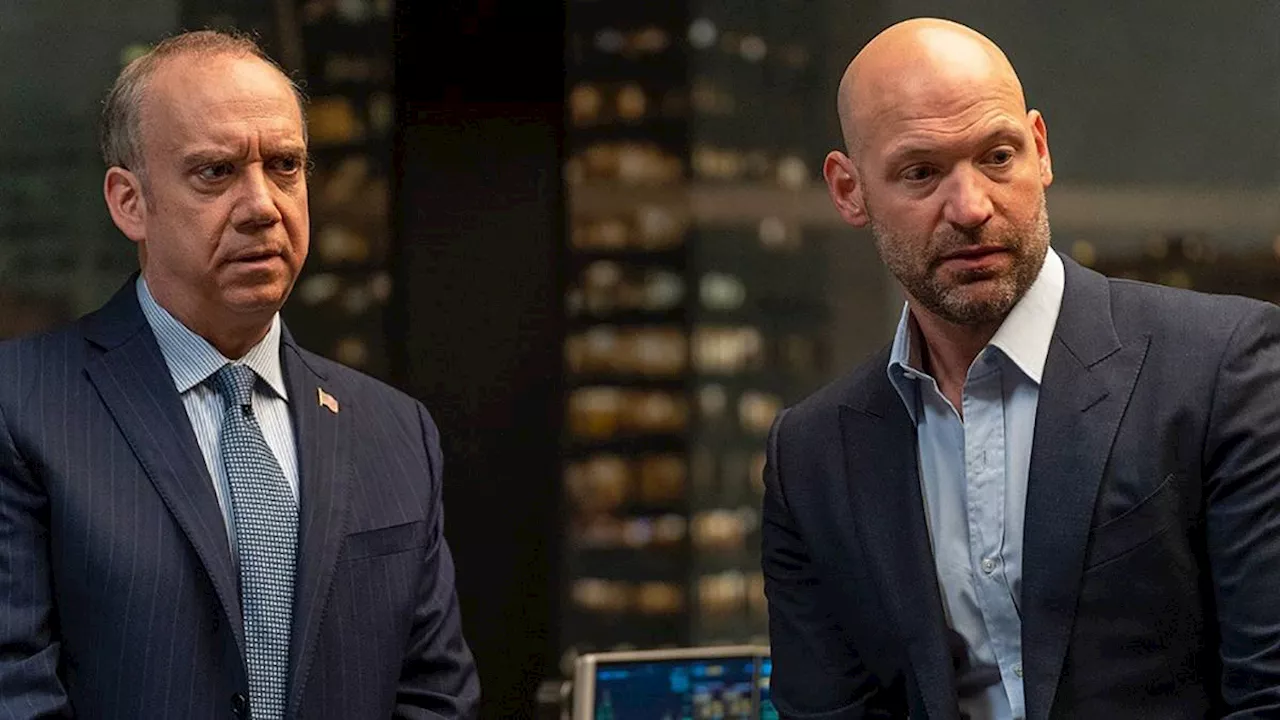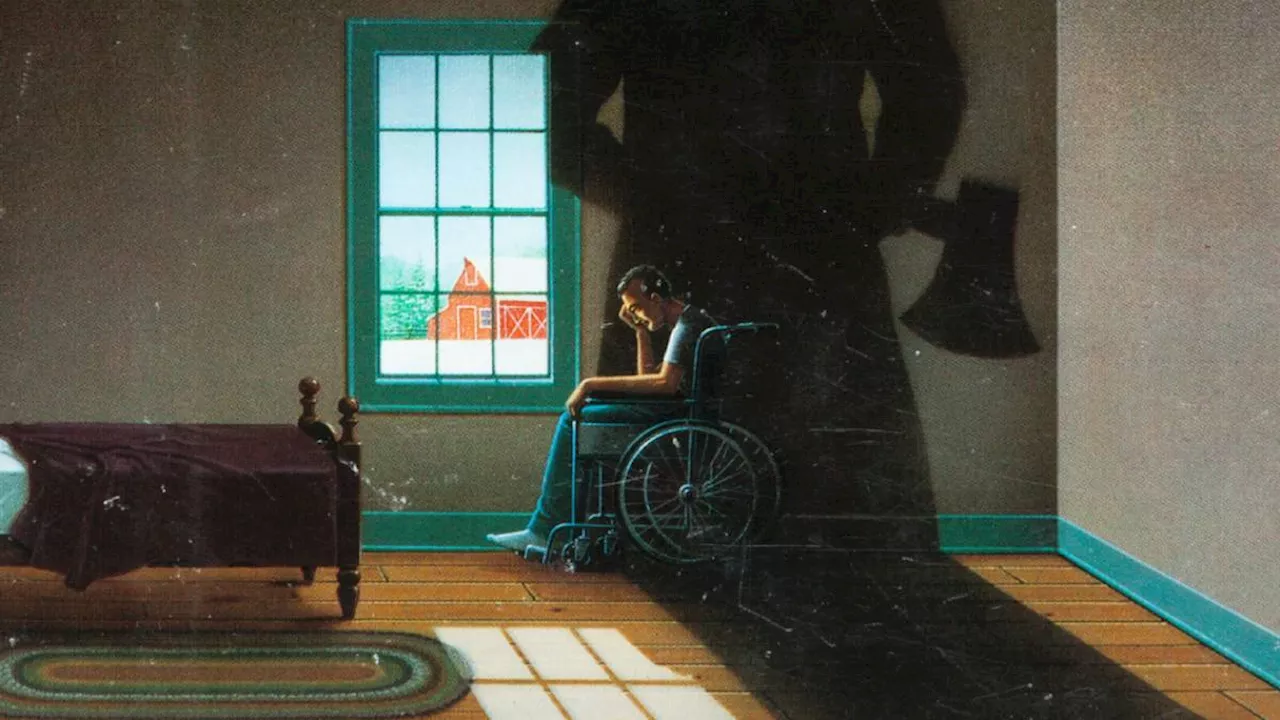The gaming industry is facing significant challenges as major studios grapple with high-profile failures and a shifting audience landscape. Meghan Morgan Juinio, producer of God of War: Ragnarok, has shared her insights on the current state of the industry, emphasizing the need for AAA studios to diversify their offerings. Her perspective comes at a crucial time when the financial stakes are high, and the pressure to deliver blockbuster titles has never been greater.
In a recent interview with Game Developer, Juinio expressed concerns about the potential stagnation of the AAA gaming model. She pointed out that while the gaming sector has seen impressive profits, titles like Suicide Squad: Kill the Justice League and Concord have failed to resonate with broader audiences. As a result, many studios are forced to make drastic cuts, which could threaten the sustainability of the industry.
Advocating for a Balanced Approach
Juinio believes that AAA studios should shift their focus and embrace a blend of major franchises and smaller, innovative projects. She stated, “Gamers right now are a little bit desensitized to beautiful graphics and size and scale and scope. It’s almost a given, right? If a game isn’t fun, it doesn’t matter how pretty it is.” This sentiment highlights a critical issue: as the market becomes saturated with similar expansive titles, players are looking for unique experiences.
By incorporating a wider variety of games, studios could alleviate the pressure of high expectations associated with AAA titles. Juinio cites successful smaller projects like Astro Boy and Split Fiction as examples of how risk-tolerant publishers like Sony and EA can achieve success without the burdensome budgets typical of major productions. Such smaller-scale projects can significantly reduce financial risk while still delivering engaging gameplay.
Embracing Innovation and Experimentation
Juinio’s vision aligns with a growing trend in the industry where innovative indie titles have garnered critical acclaim and commercial success. Games like Balatro have become best-sellers, proving that there is a viable market for creative and experimental concepts. This shift could encourage smaller development teams to pursue passion projects, fostering an environment of creativity rather than reliance on established franchises.
This approach not only protects companies from the fallout of failed AAA titles but also promotes a healthier development culture. For example, the closure of Tango Gameworks by Microsoft—despite the success of its game Hi-Fi Rush—illustrates the precarious nature of relying solely on high-stakes projects. By diversifying their portfolios, developers can manage multiple projects simultaneously, allowing for both established hits and innovative new ideas.
Juinio’s perspective echoes the strategies employed by companies like Nintendo, which has long balanced experimental titles with beloved franchises. This method has enabled them to thrive in an ever-evolving market. By advocating for a more diversified gaming landscape, Juinio is not only addressing current challenges but also paving the way for a more sustainable future for the gaming industry.
As the gaming sector continues to evolve, the insights of industry leaders like Meghan Morgan Juinio will be critical in shaping its trajectory. A shift towards innovation and smaller-scale projects could be the key to revitalizing the AAA gaming model and ensuring its long-term success.







